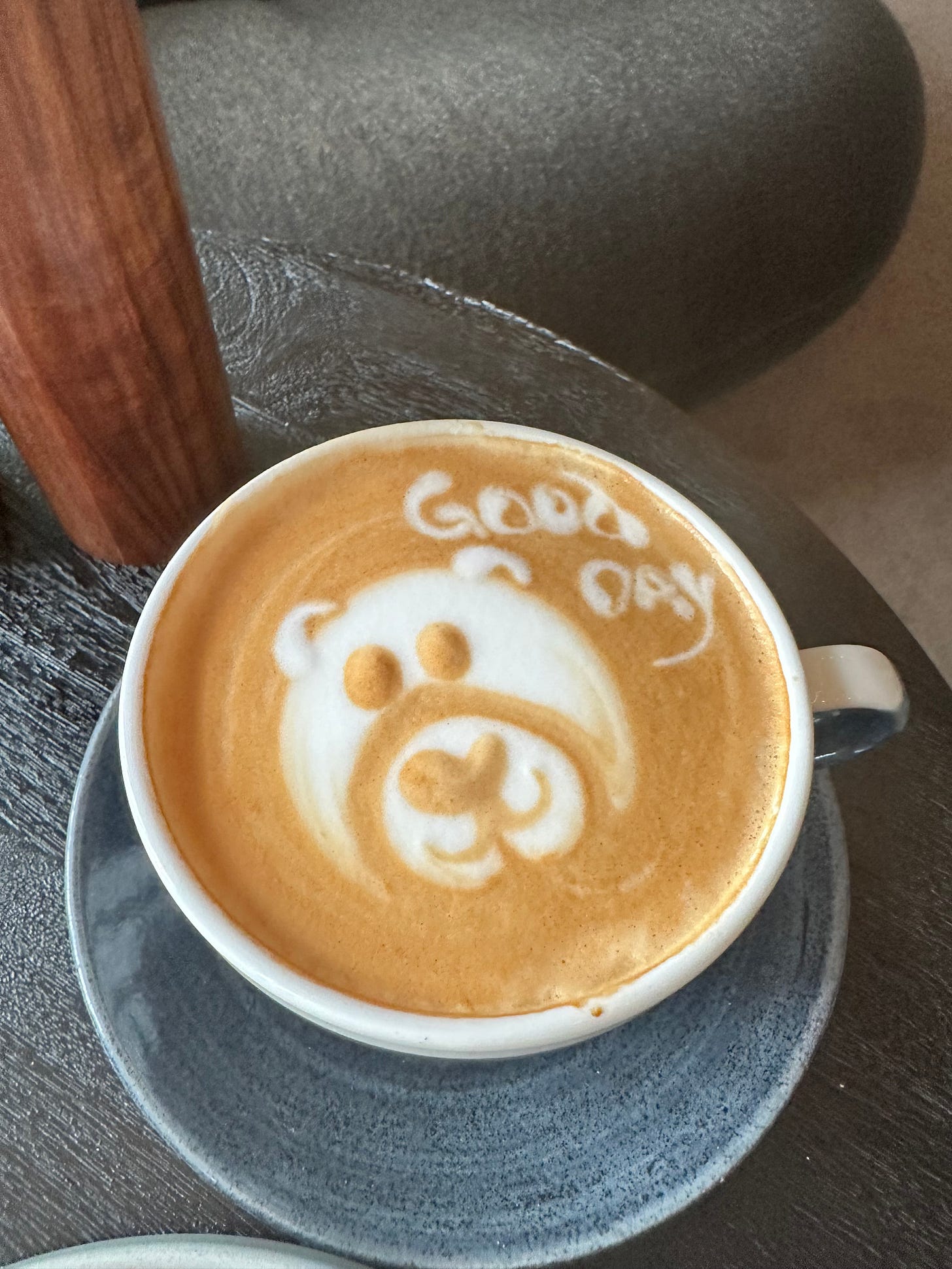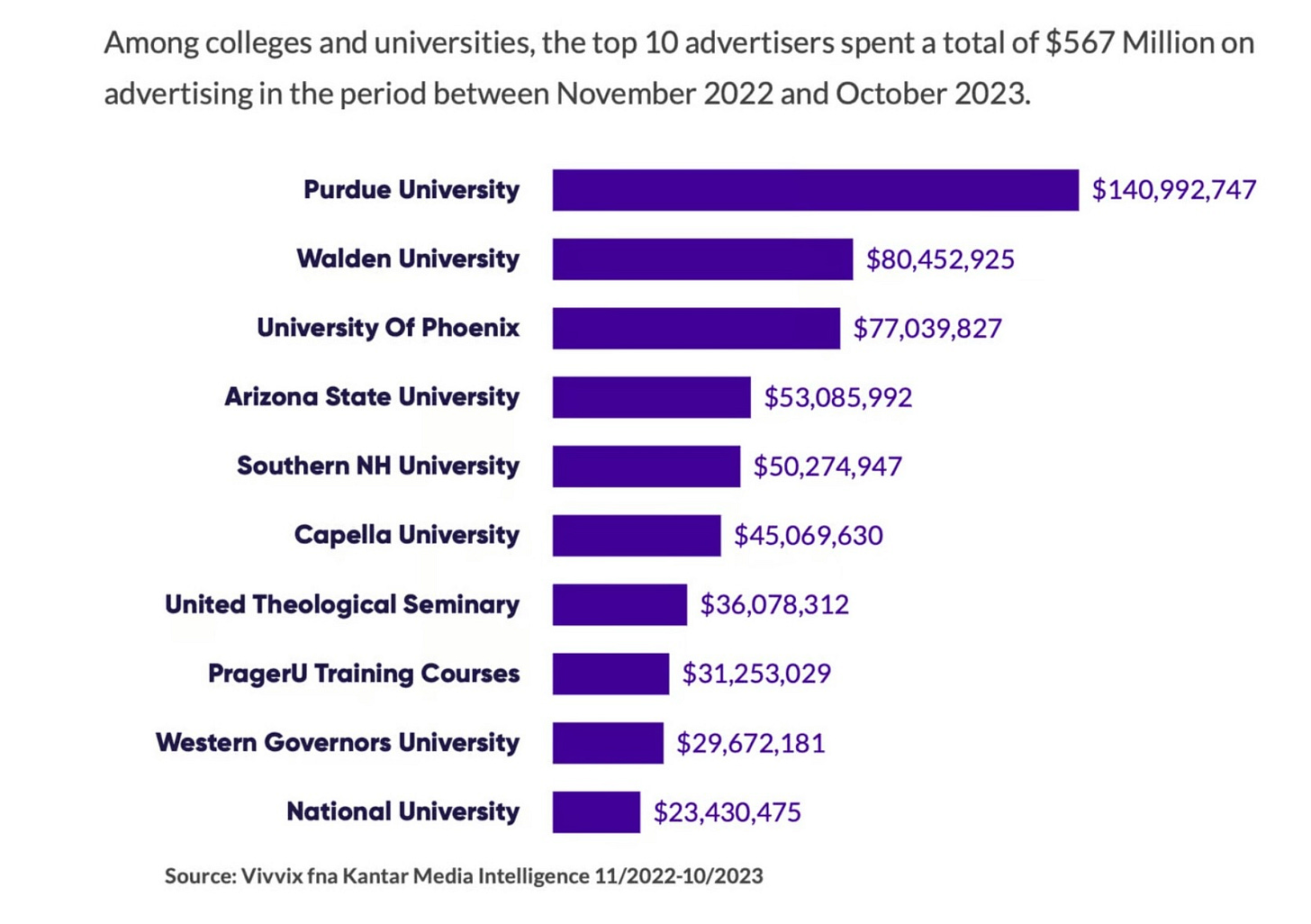It was a long year. Again. Since 2020, they all feel long don’t they? Or maybe I’m at that age.
My dad died in November. My community showed up. One of my parents’ oldest friends came to the funeral - I had forgotten to call her, and I absolutely sobbed when she walked in. Here’s the thing, you’re going to have people in your life who are grieving. My best friend’s mother and sister came to dad’s service, and to shiva, and have continued to call and check in. When my mom died in 2022, a friend sent tulips [mom’s favorite] 3 months later - when most people aren’t checking in anymore. My friend’s mom unexpectedly died last week. Her husband and daughter were with her, and before her son [my friend] even knew, her pastor had posted it on Facebook. That’s NOT how you show up for people.
In the early 2000s I worked for an education non profit in Chicago. We had a teaching corps of new grads, a charter school and a seemingly endless number of Catholic schools with whom we worked closely. We learned fairly quickly that we would see loss in a variety of ways - elderly nuns and faculty, the teaching corps members’ grandparents. As the Director of Development, I was also in charge of flowers and cards. I ended up making a chart [one of the best work products I’ve ever made] that spelled out what the organization would do to support those who lost someone. Grandparents, parents, siblings, self. Yes, I had a death of self category. Sure, everyone found this a bit creepy, but honestly, all organizations should have this.
It just occurred to me that at a lot of my workplaces I’ve been “in charge of death”. This was actually said to me at UNC. One of our students had a stroke and then passed while we were abroad - I stayed with her and her husband, who flew over. We lost another student soon after. Then we had a student [this is a professional MBA program, average age was around 34] lose his 10 year old son. That call was directed to me. Another student was standing with me at graduation waiting to walk down the aisle when she got the call her father had had a heart attack - he would die a few minutes after she arrived at the hospital. When I worked at the convent we lost one Sister soon after I arrived, and then I would later go to the Bel Air funeral of a 1950s TV star who had been a devout Catholic and a friend to the Sisters.
Death is a time that most people know that they should Show Up, but they may not know how. They’re worried they’ll say the wrong thing, so they don’t say anything at all. If you’re in school, or work, or in any kind of community at all, how does that community show up for you in times of loss? I was lucky at UNC - the leadership (at the time) sent me to the student’s father’s funeral, and to the funeral of the student that we lost. It’s not that I’m death trained, rather I know it’s not about me, and you just show up. You listen, you offer support and you let them cry, or yell, just sit.
What about the times when it isn’t that dramatic? How do you Show Up in general, at work or at school? What if what is needed is just being seen, or reassured, or to feel like you matter? I’ve spent a lot of time in student support in universities and guiding student support with OPM (private companies that support higher ed] partners. Those in higher ed are trying to figure it out - how can we be more efficient, how can one advisor serve 300 or more students? Attrition is a huge problem - student support is seen as the solution, but that only works if it’s relevant and meaningful for the student and achievable for the staff.
About a year ago I read what is my new favorite quote. “Our society puts too much emphasis on getting things and much less about keeping things or helping flourish what is already in place. This is also true for higher education and EdTech.” This is the brilliant Dr. Glenda Morgan who writes about higher ed and ed tech while somehow bringing in Archbishop Desmond Tutu and cured meats. She’s right, of course, she usually is, but this extends to just about everything. Cheap toasters, unboxing videos, college admissions TikToks. I get it, you got into Harvard. Show me how you feel in January of your first year when you’re snowed in, homesick as hell and sure you’ll never make it.
Morgan [she goes by her last name] was talking about higher ed and ed tech in particular. The numbers spent on marketing universities to potential students border on [or exceed] incomprehensible. If you’re wondering what UNC paid me to build community those 1,000 students would want to be a part of, it certainly was no kind of millions.
Even if you’re not trying to build a community, or make people feel they belong, why is retention a thing? Universities are starting to be more transparent - it’s expensive to lose students. The Chancellor of the University of Wisconsin at Milwaukee was quite frank in 2024: Every 1% in student enrollment and retention equates to approximately $2 million for UWM’s budget. If we do not meet our enrollment targets this fall, a mid-year budget cut may be necessary. It’s true in HR too - PeopleKeep reported it can cost a year’s salary or more to replace an employee who leaves. I actually left a job once after 2 weeks - no sense of community in the department at all, everyone worked behind closed doors and never ventured out.
I belong to a bougie membership club in Chicago - gym/coworking/restaurant place. The perfect place to build a strong community - we’ve all chosen to be here. I have been a member for about 15 months - number of retention actions/greetings from an owner/ thank yous I’ve gotten for being a member - exactly zero. Why are they so bad at this? My guess is that no one is in charge of retention. The membership folks are in charge of signing up members, not keeping us when we are here.
Ok, we get it - keeping people is important. How do you actually do it? If you haven’t seen it already, there will be a lot of talk about AI and automation, and absolutely that could help! Have your workplace [or school/program] design an e birthday card every year and set your CRM to text or email it on each member’s birthday. That is, btw, almost no work at all. Put people in charge of it - program director or staff or whomever - make a “welcome experience” committee. I worked at a law school that was one building in Manhattan. On your first day of work there was no process for welcoming you, if you got lucky the security guard would be friendly. A colleague [totally different area] and I decided to change that, so we created a welcome packet and plan. Not our jobs, we just didn’t want people to feel the way we had felt.
It’s always befuddled me that organizations pay the least to the people who are the most front line. If you’re applying to a $200,000 MBA program who calls you? Not the President or Chancellor. When I went for my favorite vastly overpriced iced chai, Brian Niccol was nowhere to be found. The adorable latte is from my bougie club barista and I promise she’s not in charge of retention, though she does more for it than anyone else. I always think about support [student, customer, whatever] in this way: if you were here for the first time, would you feel welcome? Would you know where to go, what to do, or who could help you? If not, that’s a fail on the organization, or store or school. Churches often have welcome volunteers to make sure no one feels lost their first time - why aren’t we all doing that?
Build what you can through technology - the birthday card idea is yours for the taking - add anniversaries while you’re at it. And set a reminder for someone to check in at one week, one month and whatever else is an appropriate milestone. That’s where you can really help your staff - let technology remember stuff so you don’t have to. Have a chat bot set to answer basic questions [but please make it a good one!] Set an alert if students [staff] don’t log in or submit work so you can check in - not so you can reprimand them.
After you’ve had technology do everything it can, find the best people you can. The front line should be patient, empathetic, friendly and dedicated to whatever it is you do. Your customers or students have so many other options - these folks are the ones making sure that they won’t regret going with you. Now, since they are Showing Up for your customers/students, make sure you are Showing Up for them. Send them to the funerals [yes, I actually wanted to go], but also make sure you help flourish what is already in place.







